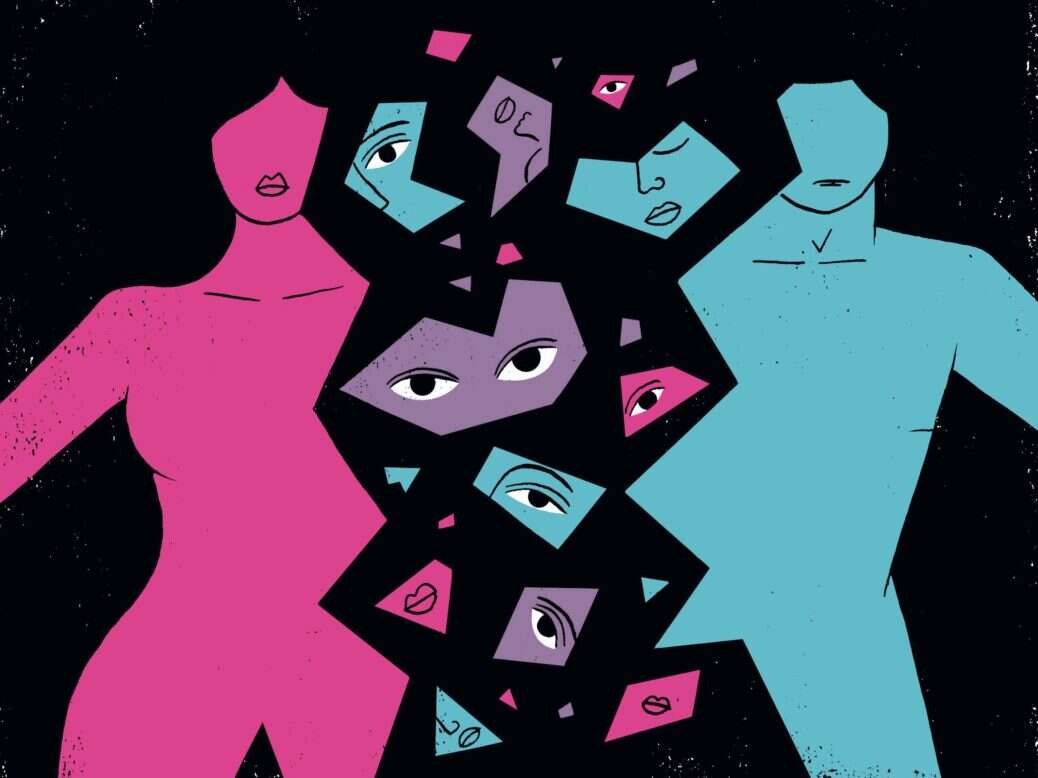
There was a time, near the beginning of this century, when the wacky behaviour of creationists was the subject of intense media interest. People who believed that the Earth was less than 10,000 years old were intent on teaching schoolchildren a religious alternative to the theory of evolution by natural selection, and every right-minded atheist was intent on stopping them. Leading the charge was Richard Dawkins who, in a 2009 review of a book titled Why Evolution Is True, condemned the folly of those who, rather than “working out that they have probably misunderstood evolution… conclude, instead, that evolution must be false”.
An under-acknowledged truth, however, is that hostility towards evolutionary theory is not confined to religious fundamentalists. Many secular liberals, for instance, find the notion of a divergent mark left by evolution on male and female brains to be a source of intense discomfort. Most feminists prefer to explain differences in male and female behaviour as a consequence of socialisation, particularly during childhood, and are sceptical of any account that presents these differences as innate – fearing, I suspect, that toxic male behaviour would be harder to challenge if it were found to be natural in origin. In fact, the very idea that there are evolved psychological differences between the sexes has become so taboo in some circles that even voicing the possibility is taken to be an indication of anti-feminist sentiment.



